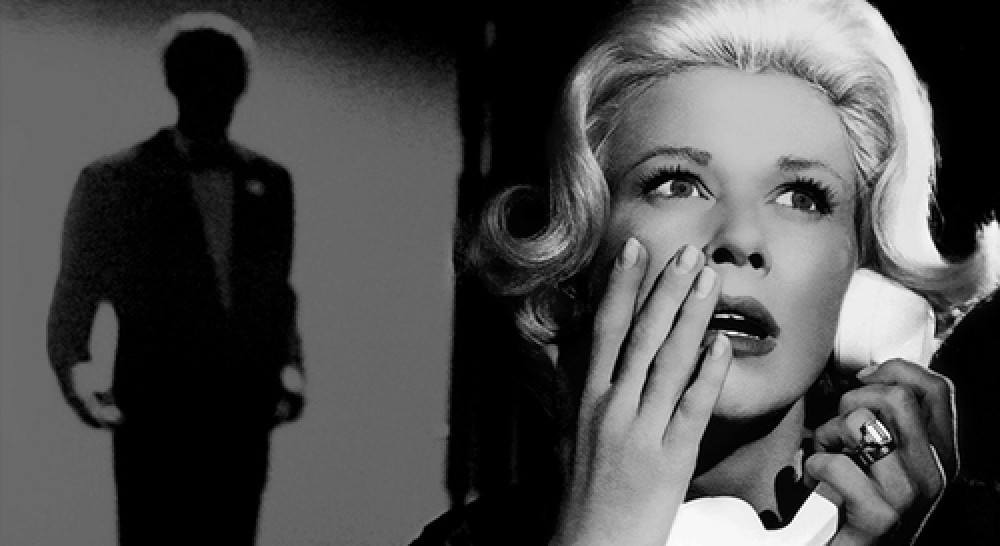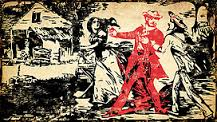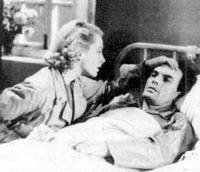Posted by Sarah
I just thought I’d draw attention to a radio adaptation of Dion Boucicault’s The Octoroon (1859) which broadcast as part of Drama on 3 on Sunday 5th of May. Boucicault is of particular interest to us at Kent as the Templeman Library’s Special Collections hold much archive material relating to the man and his productions: (http://www.kent.ac.uk/library/specialcollections/theatre/boucicault/index.html)
If you hurry, you may still be able to catch it on the BBC iplayer! http://www.bbc.co.uk/iplayer/episode/b01ryffy/Drama_on_3_Curated_by_Mark_Ravenhill_The_Octoroon/(Sadly I think this link only works for those in the UK.)
The following blurb is from the BBC website:
By Dion Boucicault Adapted by Mark Ravenhill
As part of a season of plays curated by playwright Mark Ravenhill, BBC Radio 3 presents new production of Dion Boucicault’s 1859 melodrama The Octoroon – a play that sparked debates about the abolition of slavery and the role of theatre in politics. The drama was recorded in front of an audience at Theatre Royal Stratford East, the venue that saw an earlier production of the same play in 1885.
The story centres around the inhabitants of the Louisiana plantation of Terrebonne. Zoe, the “octoroon” of the title, is the daughter of its owner Judge Peyton by one of his slaves, but she has been raised as part of the family. When the Judge dies, the plantation falls into financial ruin and the Judge’s handsome nephew George arrives as heir apparent. George and Zoe soon find themselves in love, but their future happiness is thrown into jeopardy by the plantation’s evil overseer Jacob McLosky who has dastardly designs on both the property and Zoe. McLosky will stop at nothing – not even murder.
Dion Boucicault’s play contains all the elements of great melodrama – doomed love, murder, corruption, and live musical accompaniment throughout. When it first opened, two years before the start of the American Civil War, The Octoroon sparked debates about the abolition of slavery and the role of theatre in politics.
Cast (in alphabetical order):
Mrs Peyton …. Barbara Barnes Sunnyside …. Geoffrey Burton Jacob M’Closky …. Steven Hartley Salem Scudder …. Toby Jones Wahnotee …. Earl Kim Dora Sunnyside …. Claire Lams Paul …. John MacMillan Zoe …. Amaka Okafor Ratts …. Paul Stonehouse Pete …. David Webber George Peyton …. Trevor White
Music composed and performed by Colin Sell
Director: Sasha Yevtushenko Production Co-ordinator: Lesley Allan Studio Managers: Colin Guthrie, Alison Craig, Steve Oak Executive Producer: Jeremy Mortimer.
- Broadcast on BBC Radio 3, 8:30PM Sun, 5 May 2013
- Available until 10:02PM Sun, 12 May 2013
- First broadcast BBC Radio 3, 8:30PM Sun, 5 May 2013
- Categories
- Duration 90 minutes
For more information on Dion Boucicault, visit the University of Kent’s Special Collections pages: http://www.kent.ac.uk/library/specialcollections/theatre/boucicault/index.html



